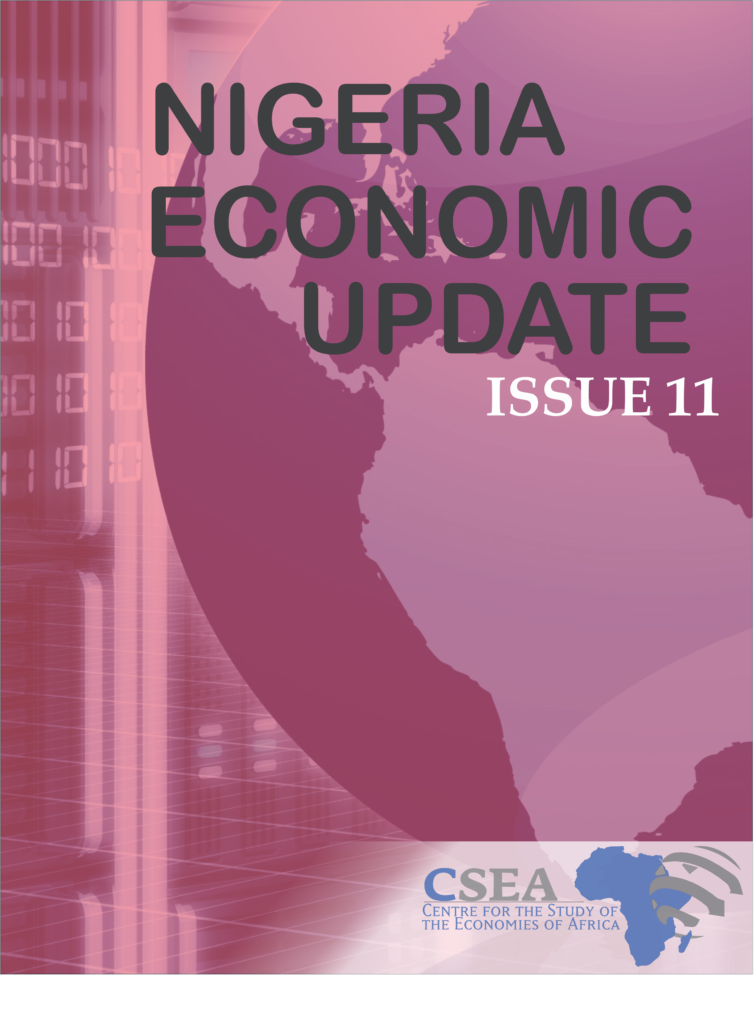Nigeria’s debt profile reached unprecedented high levels at the end of the year 2017. Figures obtained from the debt management office reveals that debt stock increased Year-on-Year by a significant 42.6 percent and Quarter-over-Quarter by 6.6 percent to N21.73 trillion as at December 20171. Domestic and foreign components of the debt profile grew to N3.35 trillion and N18.38 trillion respectively. The increased debt profile may have been triggered by domestic and foreign borrowings to fund Nigeria’s budget deficit, and excessive debt servicing costs – Nigeria serviced domestic debts to the tune of N1.48 trillion in 20172, about 29.13 percent of its total budget revenue. Implicatively, Nigeria’s debt to GDP ratio continues to increase, from 18.6 percent in 2016 to 21 percent
Macroeconomic Report & Economic Updates

March 9, 2018
Nigeria Economic Update (Issue 11)
Nigeria’s debt profile reached unprecedented high levels at the end of the year 2017. Figures obtained from the debt management office reveals that debt stock increased Year-on-Year by a significant 42.6 percent and Quarter-over-Quarter by 6.6 percent to N21.73 trillion as at December 20171. Domestic and foreign components of the debt profile grew to N3.35 […]
Read →
Related
Nigeria Economic Review (First Half Report 2015)
The modest growth in the
global output witnessed in the first quarter of 2015 was driven mainly by
advanced economies, particularly the United States. Growth slowed down significantly
in emerging and developing economies, primarily natural resource-dependent
countries which were adversely affected by falling commodity prices.
Testing The Impact Of Foreign Aid And Aid Uncertainty On Private Investment In West Africa
The paper examines the impact
of foreign aid on private investment in West Africa and whether multilateral and
bilateral aid affects private investment differently.
